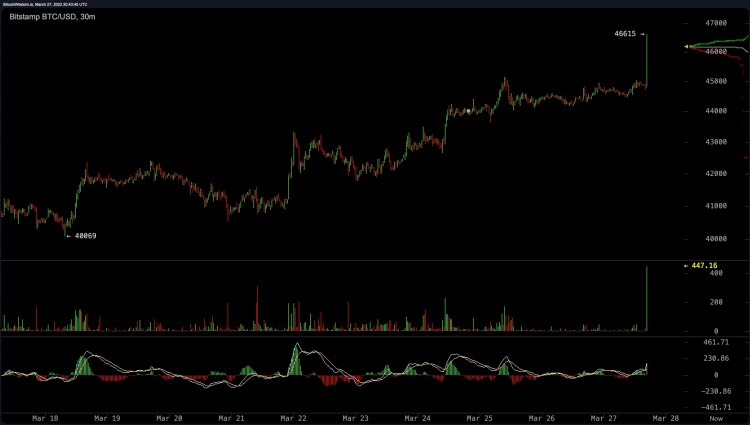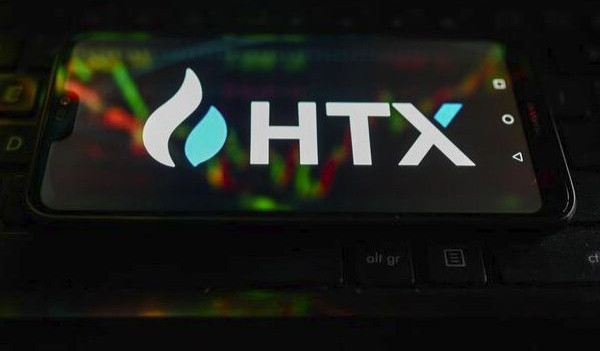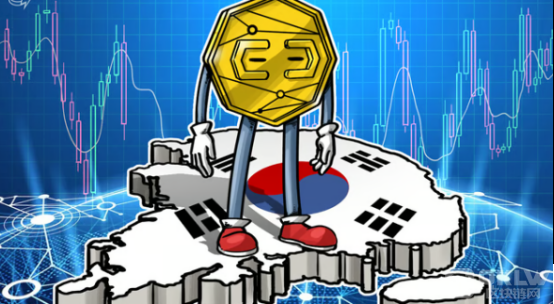時間:2024-03-02|瀏覽:324
與日本一樣,韓國在釋放企業價值方面面臨著漫長的道路
(彭博社)——當全球投資者仔細審視韓國提高企業估值的計劃時,他們注意到一個關鍵障礙——家族控制企業或財閥的普遍存在,這些企業常常被指責為導致股票估值被低估的原因。
大多數閱讀來自彭博社
特朗普警告房地產市場低迷期間資產出售將造成巨大損失
厭倦了紐約通勤的銀行家正在推動迷你格林威治的繁榮
埃隆·馬斯克 (Elon Musk) 起訴 OpenAI 和 Altman 違反公司創立使命
NYCB 指出貸款監管方面的弱點并任命新首席執行官
烏克蘭將獲得捷克主導的155毫米炮彈
從三星電子公司到現代汽車公司,韓國企業集團都是由創始家族成員經營的,他們可以通過復雜的交叉持股來行使巨大的權力。
有爭議的結構和排擠少數股東的傾向是韓國企業多年來估值遠低于海外同行的原因之一,導致了投資者稱之為“韓國折扣”的現象。
首爾官員正在從日本汲取教訓,推動企業改革一直是全球股市反彈的關鍵驅動力之一。
然而,本周市場對韓國“企業價值提升計劃”的反應冷淡,表明這些努力未能堅定地解決治理不善的問題。
此外,在對這些措施的預期推動韓國股市連續數周走高之后,投資者似乎開始認識到,任何改革和股票重新評級都需要數年時間才能取得成果,就像日本的情況一樣。
Federated Hermes亞洲(日本除外)股票首席投資組合經理喬納森·派恩斯(Jonathan Pines)表示:“監管機構必須明白,除了削弱控股股東的權力外,沒有其他有效方法可以減少韓國折扣。”
“一些控股股東更愿意降低股價,以減少遺產稅,并提供持續的機會,以低廉的市場價格迫使少數股東退出。”
閱讀更多:韓國自愿治理改革與日本恥辱名單的對比
便宜的韓國
基準 Kospi 指數的交易價格略高于其盈利預期的 10 倍,而日本東證指數 (Topix Index) 和臺灣證券交易所 (Taiex) 的比率分別接近 16 倍和 17 倍。
The Kospi has fallen 1% this week following the release of the government’s plan, halting a five-week winning streak. It has gained about 9% over the past 12 months. In the same period, Japan’s gauge has rallied more than 35% and Taiwan’s 21%.
Seoul’s valuation drive relies on voluntary efforts and lacks punitive measures, with companies encouraged to self-evaluate their improvement in areas including corporate governance and shareholder returns for tax incentives.
Some skeptics even downplay the plan as a political move ahead of the April parliament election to win retail votes, saying it may lose momentum once that’s over. Mom and pop investors, which account for more than a quarter of the country’s 52 million population, have become a key political bloc.
Faced with pushback that the value-up plan lacks teeth, authorities emphasized that they are seeking a longer-term upgrade of the market. Their determination on delivering a change in corporate behavior will be put to test in June, when the details of tax incentives and other guidelines are released.
“Whether it’s incentives or penalties, they both seem insufficient at the moment,” said James Lim, senior research analyst at Dalton Investments Inc. “Controlling shareholders control the board and the management. Are these incentives big enough to change their behavior meaningfully? It’s not compulsory so it remains weak.”
Chaebol Problem
Chaebols’ business structure has been under debate in Korea for decades. While their concentrated leadership allows speedy decision making and has proved crucial in transforming the country into industrial powerhouse, it has also been criticized for a lack of transparency and decisions that neglect shareholder interest.
In a landmark case that involved the country’s largest conglomerate, governance watchers have expressed concern that Samsung Electronics Executive Chairman Jay Y. Lee has been acquitted from charges of stock manipulation related to the merger of two Samsung affiliates.
While some Japanese companies have founding families participating in management, the practice isn’t as widespread as in Seoul, with their influence non-existent in long-standing conglomerates like Mitsubishi group and Sumitomo group.
Reforms in Japan have been years in the making, starting almost a decade ago when the Shinzo Abe government urged companies to tackle low profitability and introduced measures to hold the management accountable for boosting corporate value.
It was a slow process that finally started to pay off last year as the Tokyo Stock Exchange deployed a name-and-shame tactic. Many companies initially only did the bare minimum to comply with government requests, such as installing more outside directors on the board.
Read more: Tokyo Bourse’s ‘Name and Shame’ List Builds Pressure for Reform
日經指數和東證指數基準指數已升至數十年來的高點,歷史性上漲的推動因素還包括日本央行保持寬松政策、日元走弱以及飽受通縮困擾的日本經濟再次面臨價格壓力。
激進投資者的不斷增加也給企業領導人帶來了恐懼。
據彭博資訊報道,韓國的激進主義也在興起,這可能會刺激推動更多改革,以保護少數股東的利益。
散戶投資者變得更加直言不諱也可以為改革努力增添動力。
三井住友DS私募基金管理(上海)有限公司首席投資官橋詰健二表示:“我一直認為,韓國折扣背后最大的原因是治理問題。如果治理改革加速,將會有巨大的空間。”韓國股市重新評級。”

![[加密王]韓國在釋放企業價值方面面臨漫長的道路](/img/20240302/3665505-1.jpg)








